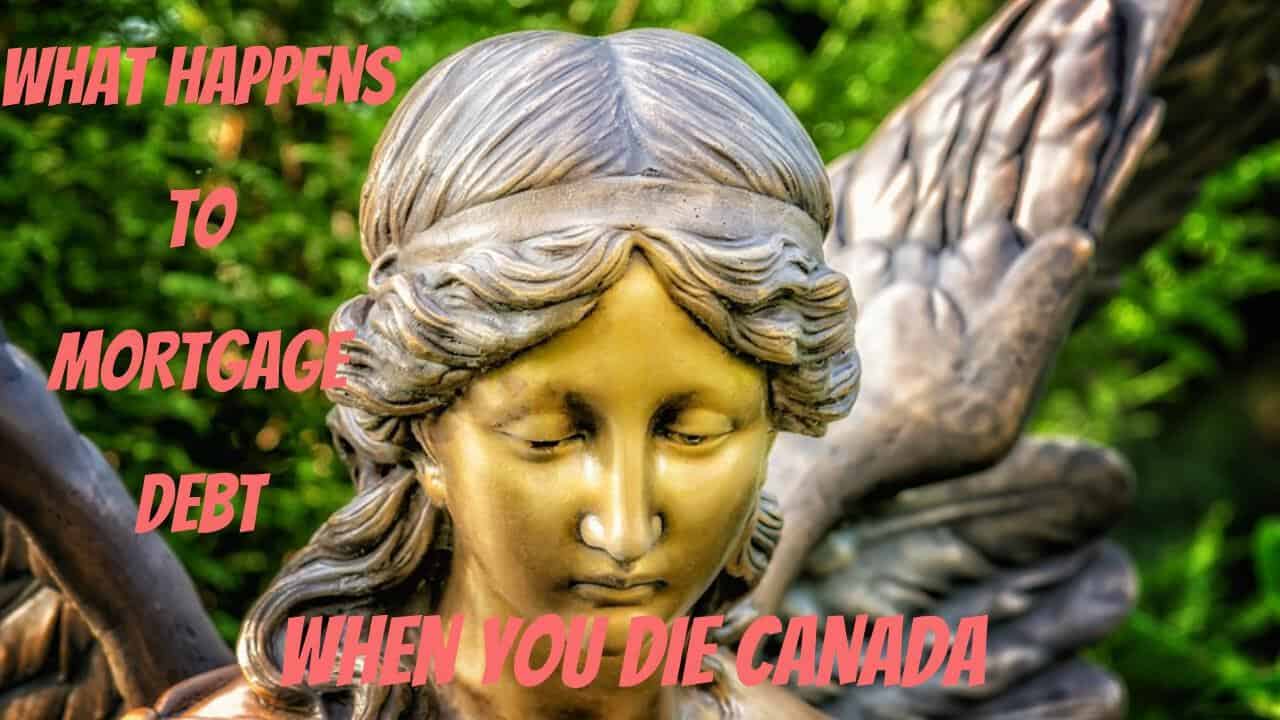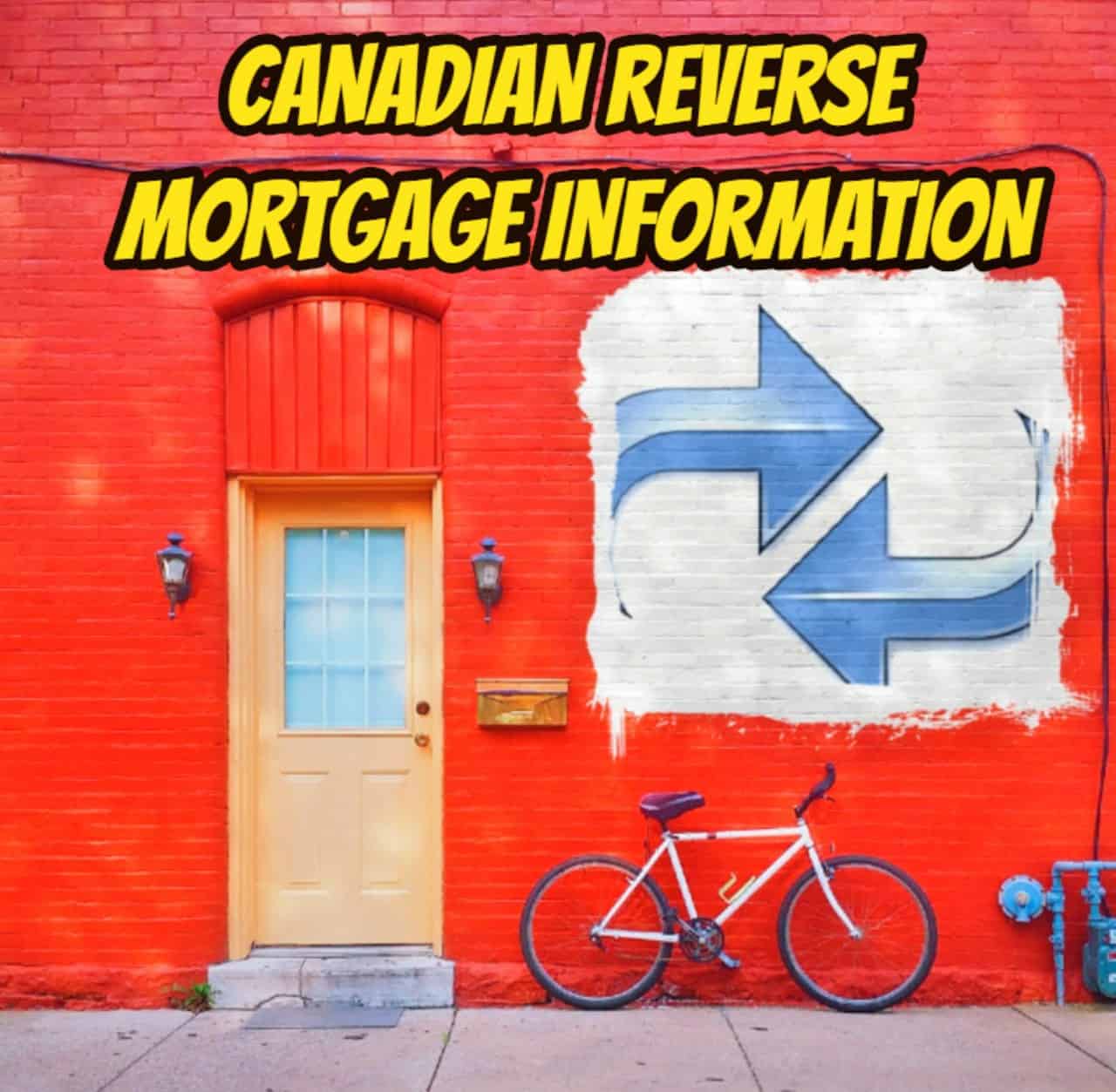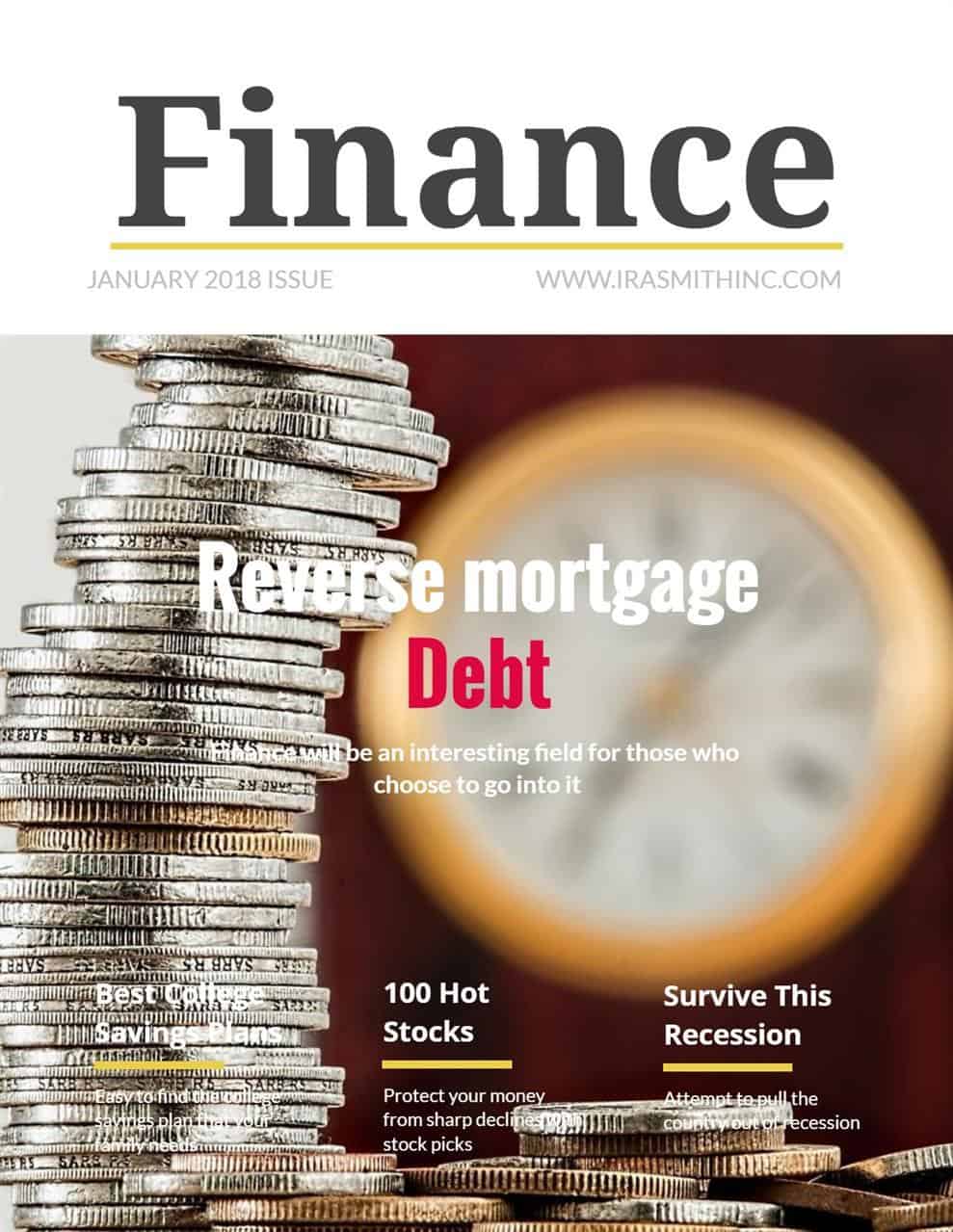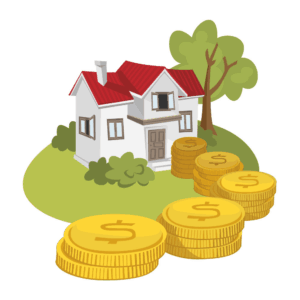what happens to mortgage when you die Canada
Check out our 2023 update “What happens to your mortgage when you die?”
What happens to debt if you die?
When discussions of debt come up, individuals frequently joke around and claim they’ll be rid of financial debt when they pass away. However, is that real? I have actually blogged about this before. One of our most-read ever Brandon’s Blog is WHAT HAPPENS TO DEBT WHEN YOU DIE CANADA: ARE YOU FREE OF DEBT.
Similarly, my Brandon’s Blog CREDIT CARD DEBT AFTER DEATH IN CANADA: WHO IS RESPONSIBLE is also about debt and death and is also popular.
So although I have written about what happens to debt if you die before, from my blog stats, I see it is a very popular topic. So, I thought this would be a great opportunity to drill down a bit more to write about what happens to mortgage when you die Canada?

What happens to mortgage at death?
The short answer is, usually, nothing. A homeowner’s loan of this kind is a secured loan debt registered against the asset, the house. Except for one situation which I will talk about in a minute, the pledge and its related debt stay and must be dealt with.
Before being able to answer the question properly, there are several possible situations. Is the deceased:
- The sole owner?
- Owns the home jointly with his/her spouse or partner who is still alive?
Either way, the contract and its debt at the date of death does not go away. If the deceased is the sole owner of the home, then it is an asset that the Estate Trustee named in the person’s Will must deal with. The home will need to be cleaned up and perhaps some repairs are done to get it ready for sale. Either the existing furniture works or the home will need to be staged to show it off in its best light.
The Estate Trustee will also have made sure that there was proper insurance on the home, obtained one or more appraisals and made arrangements for the home to be checked on a regular basis to make sure no damage occurs. Then the home will be put up for sale and sold.
Upon the sale, the home debt will have to be paid off in order for a discharge of the homeowner’s loan contract to be registered. This will be a requirement of the purchaser and it will be impossible to convey title to the home without paying off the pledge and getting a discharge.
If there is a surviving spouse or partner, and the home was owned jointly, then the ownership of the home continues automatically in the name of the surviving spouse. The home also does not need to go through probate in Ontario. The surviving spouse’s lawyer will take care of getting the name of the deceased eliminated from the home loan and title.
If the surviving spouse or partner wants to remain in the home and can afford to keep up the payments, then that is what he or she will do. If not, then the spouse will need to sell the home and downsize. As discussed previously, to sell the home, the loan contract debt will have to be repaid in full and the mortgage discharged.
Is my mortgage paid off if I die?
There is only one way that the debt will be paid off when the owner dies. That is if the owner had taken out specific home loan insurance. Upon the death of the insured, the insurance company will pay the lender the amount needed to pay off the mortgage in full. The Estate Trustee or surviving spouse or partner will have to make sure that the lender discharges the mortgage.
In a similar way, if the deceased had a current life insurance policy, but not necessarily a specific mortgage insurance policy, that may also come into play. A surviving spouse or partner who is the designated beneficiary will receive the life insurance proceeds directly. The proceeds will not have to go through probate in Ontario. They could use all or a portion of the life insurance proceeds to pay off the mortgage and remain in the home.
This is how life insurance can be used to answer the question, what happens to mortgage when you die Canada.

Joint mortgage what happens if one dies?
Where both spouses or partners owned the home jointly, they will also be joint on the mortgage. As I mentioned above, when one of the spouses or partners dies, the family’s lawyer will notify the mortgagee lender.
What if the lender was relying upon the creditworthiness of the deceased spouse or partner and not that of the surviving spouse? If the mortgage payments are kept current, then in the interim, probably nothing. But what will happen when the mortgage comes up for renewal and the remaining spouse or partner cannot repay it and wishes to renew it?
Only time will tell. The lender can either just offer a renewal or can require the sole owner to requalify the mortgage. If the now sole owner cannot qualify, then the mortgagee will demand that the mortgage be repaid in full upon maturity. This might pose a hardship for the now sole owner spouse.
What happens to a mortgage when the lender dies?
If the mortgage lender is a Bank or corporation, then, of course, this question does not apply. What happens if the mortgagee is an individual who lent on what is called a private mortgage? In this case, the mortgage debt and the mortgage does not go away. The mortgage is an asset of the deceased lender’s Estate. The lender’s Estate Trustee will be responsible for collecting everything properly owing on that debt, subject to the terms of the mortgage document. If the mortgage does not mature for many years and is kept current, then the deceased lender’s Estate Trustee will have to keep the administration open.

What happens to a house with a reverse mortgage when the owner dies?
So far, I have written about what happens with a traditional mortgage. What if the mortgage is actually a reverse mortgage? What happens to a house with such a mortgage when the owner dies?
A Canadian reverse mortgage is financing that allows any person of the age of 55+ to get a mortgage loan relying upon their residence equity. The mortgage loan is secured using a mortgage registered against the house. This is typically called an “equity release”. You have the capacity to raise up to 55% of today’s worth of your home. The actual percentage and the dollar amount you will have the ability to obtain relies on your age, your residence’s appraised value and the lending terms of your reverse mortgage loan provider.
You do not need to make payments on a reverse mortgage up until it is due for repayment. This is usually when you sell your house or the last owner passes away. The loan interest accrues on a reverse mortgage. It must be paid on the payout of the mortgage, but no payments are required while you are living in your home.
The longer the funding is outstanding, the more time you go without paying. Consequently, the longer the interest accrues. This clearly reduces the equity in your house.
For a full discussion of how a reverse mortgage works, check out my Brandon’s Blog – CANADIAN REVERSE MORTGAGE: SENIORS MOVING FORWARD WITH INCREASED DEBT.
Summary: What happens to mortgage when you die Canada?
The death of a loved one is probably the most traumatic life event you will encounter. It is doubly so when you relied on the income of the deceased for your own well-being. I hope you have found this what happens to mortgage when you die Canada Brandon’s Blog informative.
Do you have way too much financial debt? Prior to you getting to the phase where you can’t make ends meet and you need to borrow against the equity in your house, reach out to a licensed insolvency trustee (previously called a bankruptcy trustee). In fact, if you understand that you can’t pay your financial debts heading into or in your retired life, contact us.
We understand the pain and stress excessive financial debt can trigger. We can aid you to get rid of that discomfort as well as address your financial problems by offering prompt action and the ideal plan.
Call Ira Smith Trustee & Receiver Inc. today. Make an appointment with one of the Ira Smith Team for a free, no-obligation consultation and you can be on your way to enjoying a carefree retirement Starting Over, Starting Now. Give us a call today so that we can help you get back to a stress and pain-free life, Starting Over, Starting Now.




